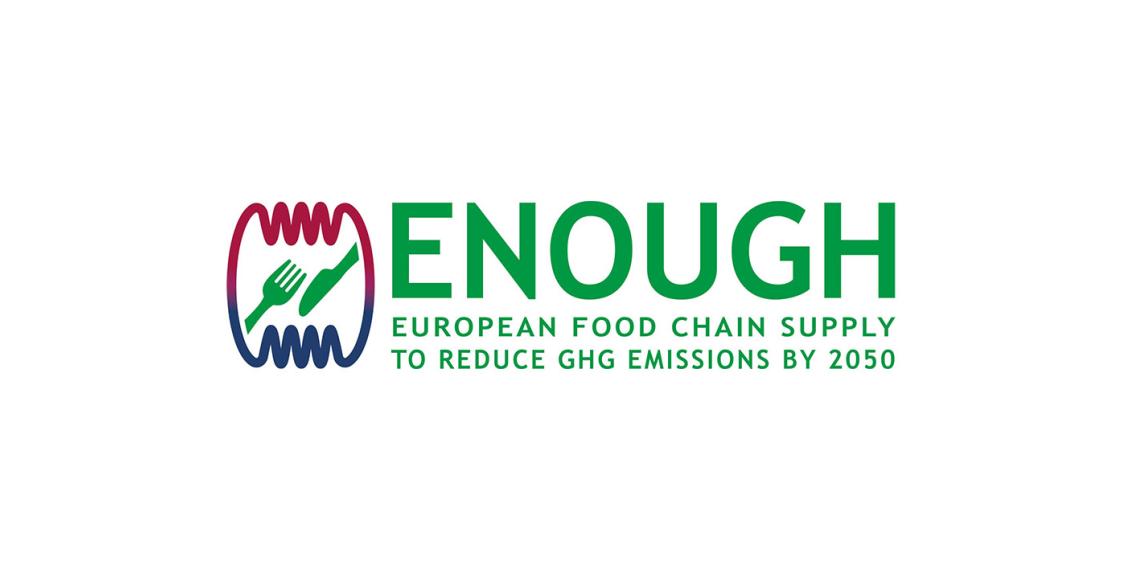Cold chain: Epta supports ENOUGH for a sustainable future

Epta is proud to participate in ENOUGH, the European project which aims at the carbon neutrality of the entire food chain.
The goal is to provide practical, efficient and sustainable solutions. Estimates are considered, formulated according to different key factors such as:
- population trend
- climate change
- use of renewable energy systems
- consumer behaviour
- technological development.
Sustainable companies: zero-impact mission
The ENOUGH project is funded by the research and innovation programme of the European Union Horizon project 2020 and coordinated by SINTEF Ocean in Norway. It proposes to provide guidelines and technical, financial and political tools, to reduce the carbon footprint of the food sector.
From farm to fork, a 360-degree perspective is a must when striving for concreteness. Specifically:
- identify methods and processes for decarbonisation of the food industry, reducing consumption and maintaining energy efficiency
- improve the sustainability of the food systems in an integrated way by including social, environmental and economic aspects
- raise awareness among all the interested parties, from politicians and great entrepreneurs to citizens, on the possibility of obtaining large-scale feedback, through collaboration and the use of specific solutions.
Part of ENOUGH will also be the presentation of the technological innovations for different product categories. These solutions seem to offer tangible hope on the possibility of a future of zero-impact companies.
Refrigeration of carbon-neutral foods
A series of commitments to mark in red in the diary, above all for cold chain operators.
Of the 20-40% of the total global emissions of greenhouse gases from food systems, 70% is generated specifically from temperature-controlled food preservation technologies to protect nutritional and organoleptic properties.
Epta comes into play and is in the front line for ENOUGH, aiming at reducing the environmental impact of the processes which involve the cold chain. 2030 is approaching and there are no exceptions for the EU’s goals for carbon neutrality by 2050.